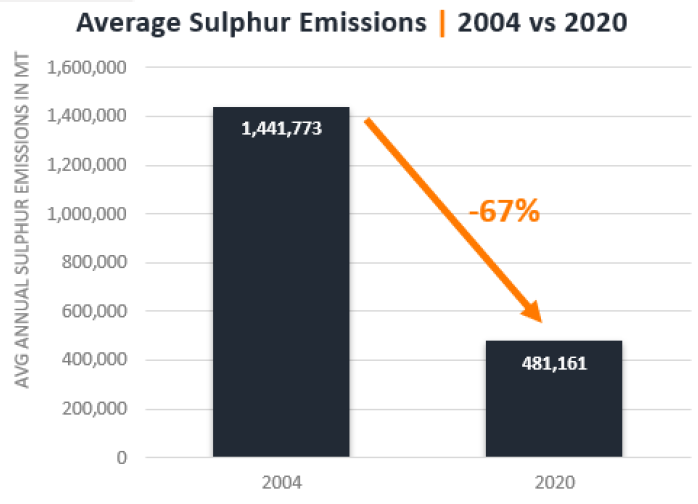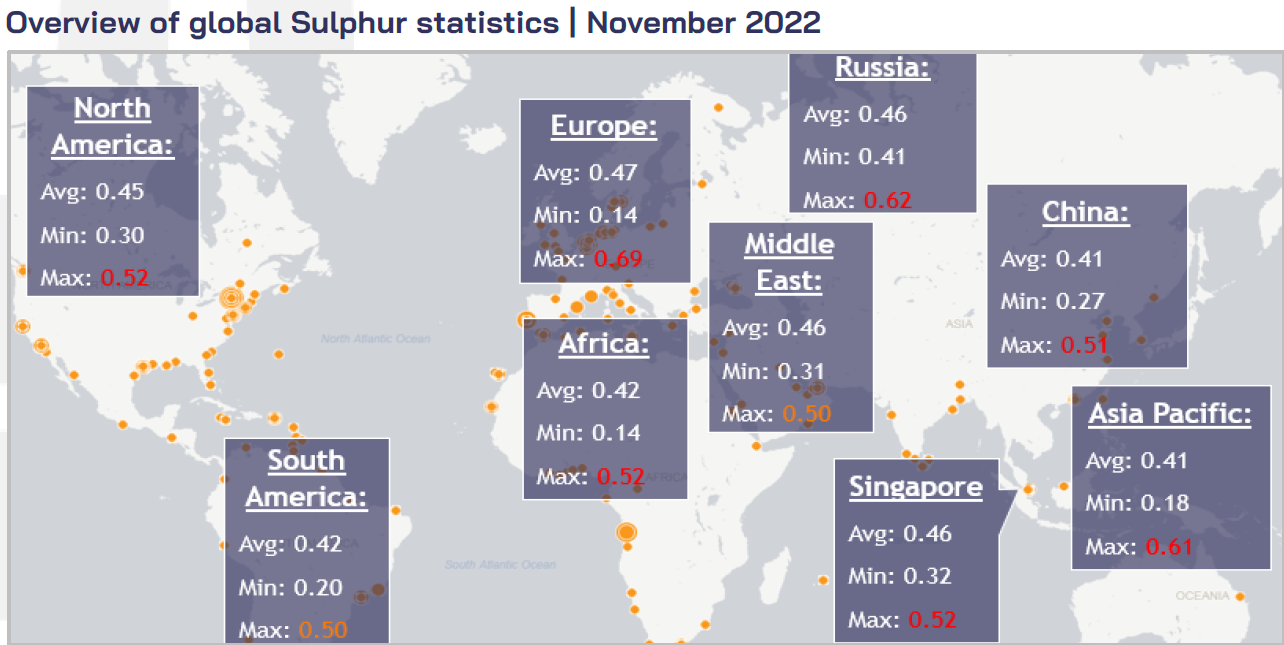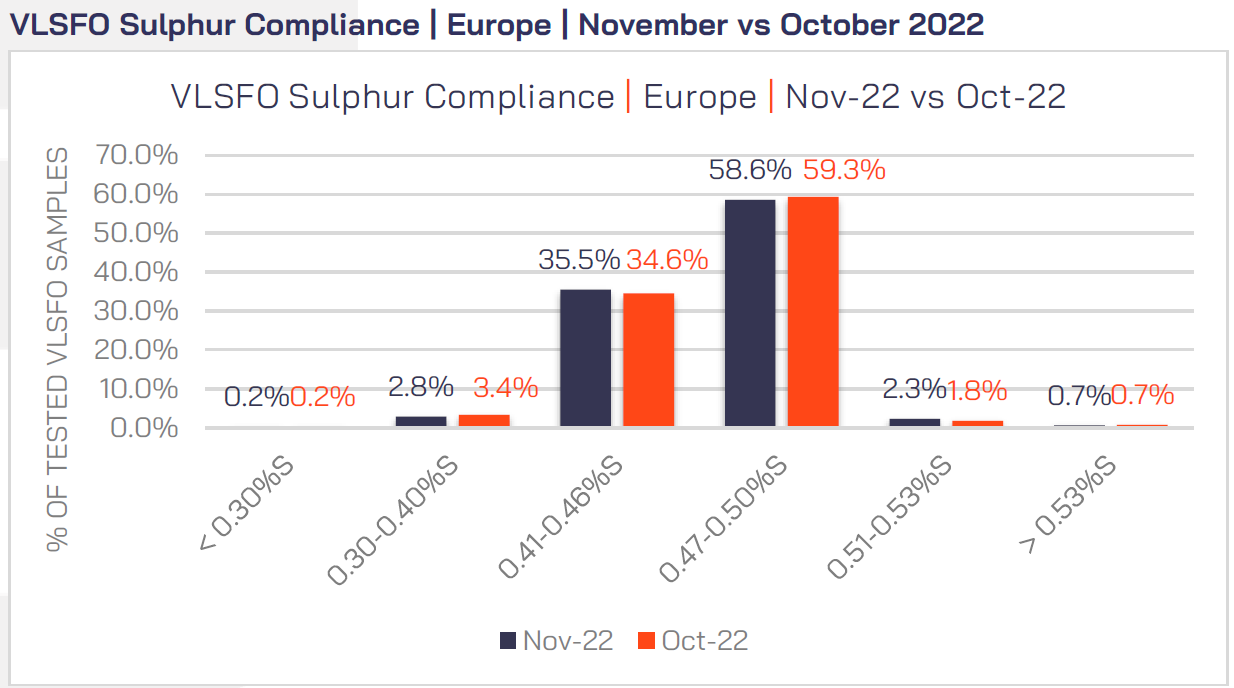
VPS, a global marine fuel testing advisory company owned by Fremman Capital has acquired Emsys Maritime, a real-time emissions measurement company operating globally and based in Manchester. Financial terms of the transaction were not disclosed.
VPS is the market-leading fuel testing, inspection, and advisory services company in shipping, with laboratories located in Rotterdam, Singapore, Houston and Fujairah. VPS tests marine fuels and lubricating oils, producing high quality, reliable analytical data with further expert interpretation and advice, helping ship operators to run their vessels efficiently, optimising fuel costs and reducing greenhouse gas emissions. The acquisition of Emsys Maritime complements the growing digital decarbonisation service offering from VPS, servicing a rapidly increasing demand from shipping customers.
Dr Malcolm Cooper, CEO of VPS said: “In Emsys Maritime, we have acquired a company with a strong technical capability and excellent reputation, helping us to deliver our ambition to be the leading service provider in fuel performance optimisation and emissions reduction. The addition of real-time emissions measurement data complements our existing marine fuel analysis data to provide a comprehensive understanding of greenhouse gas emissions in the maritime sector. The integration of real-time emissions monitoring into our existing portfolio of digital decarbonisation services (which currently includes Maress, NOxDigital, CORE and PortStats) within a single, unified platform will provide added value throughout the VPS digital customer journey. This new flow of information will assist us in providing our customers with the tools required to understand, control and reduce greenhouse gas emissions, moving the industry forward toward achieving carbon emission reduction targets for 2030 and beyond."
Emsys Maritime is a market-leading manufacturer of real-time, laser driven marine emissions measurement technology. Headquartered in Manchester (UK) with an overseas operating hub in South Korea, the company’s customer base includes the world’s leading shipyards and ship operators. Their unique technology is supported by a comprehensive digital data platform which provides unique insights into the vessels real-time environmental profile allowing operators to maximise efficiency whilst maintaining regulatory compliance. The recent introduction of the ‘Emsys Analytics’ software platform has provided a comprehensive, real-world data stream to ship operators and charterers to help manage their ESG reporting requirements.
Simon Brown, founder and Managing Director of Emsys Maritime said ”Emsys Maritime was established to provide the maritime industry with the most accurate and reliable emissions measurement tools to enable ship operators to manage their environmental and regulatory requirements and goals. The acquisition by VPS allows Emsys Maritime to accelerate its already strong growth into new market areas and customer sectors. The integration of our real-time data into the VPS digital decarbonisation platform will create an industry leading portal which will help the wider shipping community on it journey towards net zero”
Contact
For further questions contact Malcolm Cooper - CEO VPS at: malcolm.cooper@vpsveritas.com
 Search
Search
 Customer
Customer


